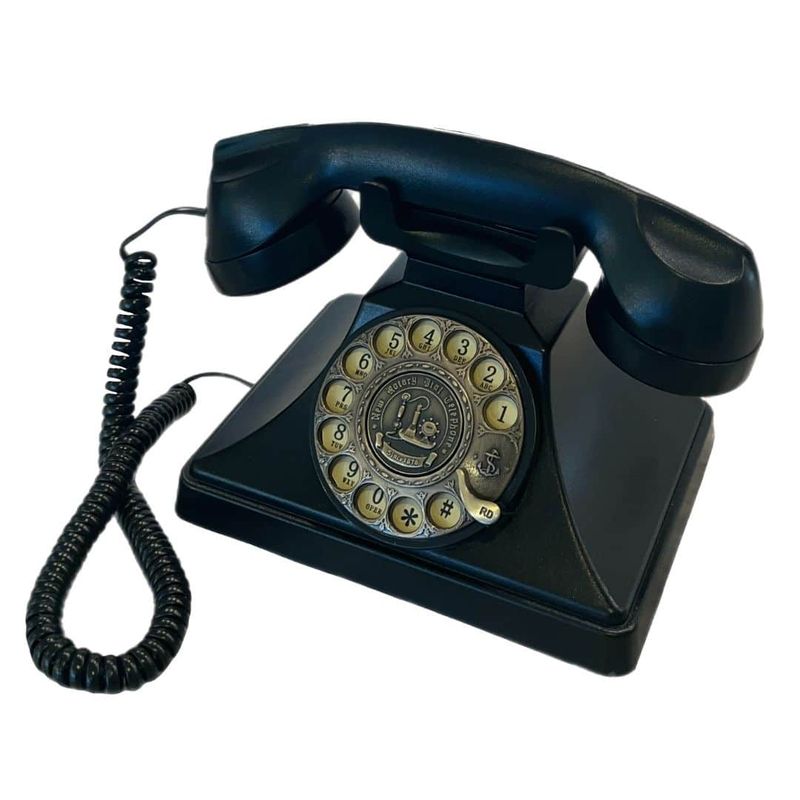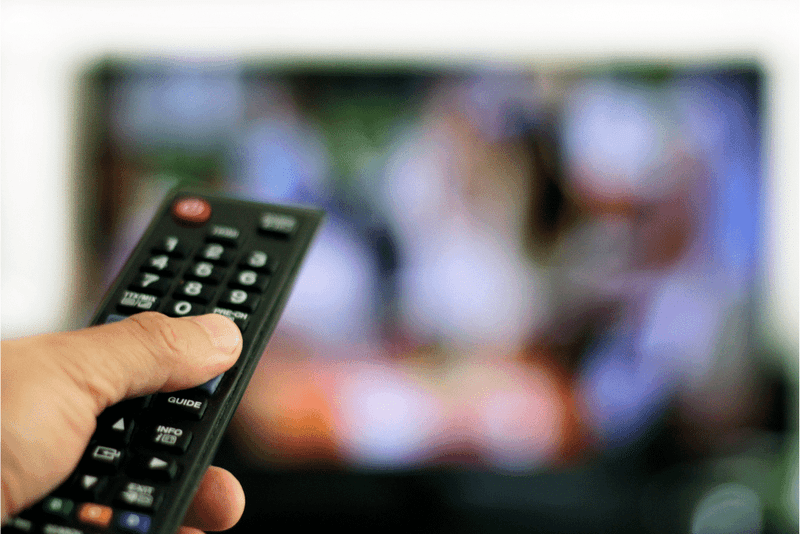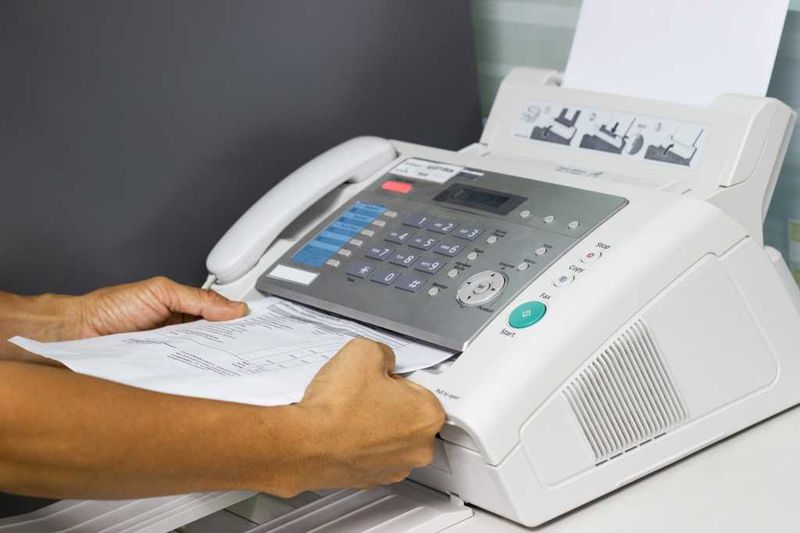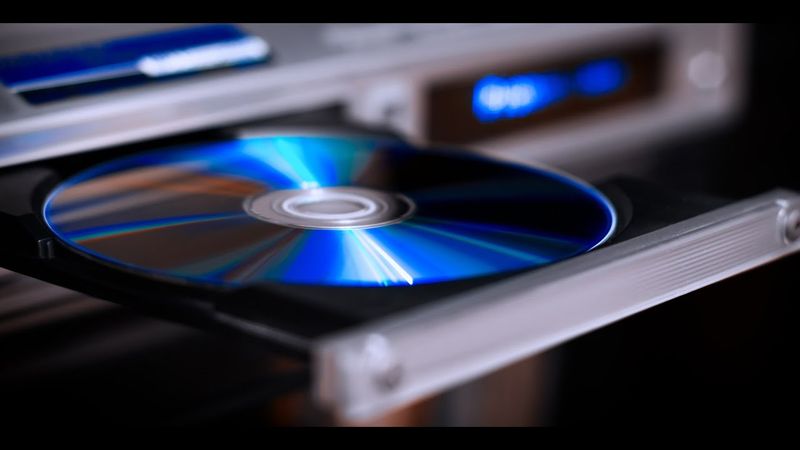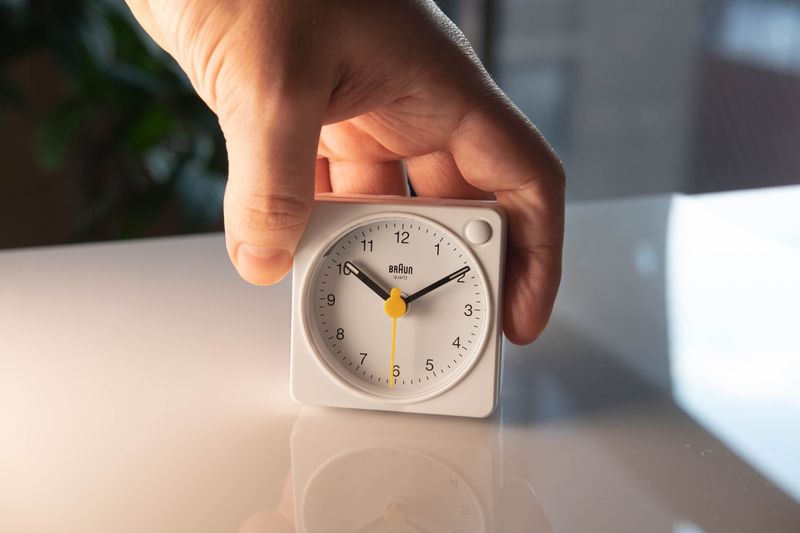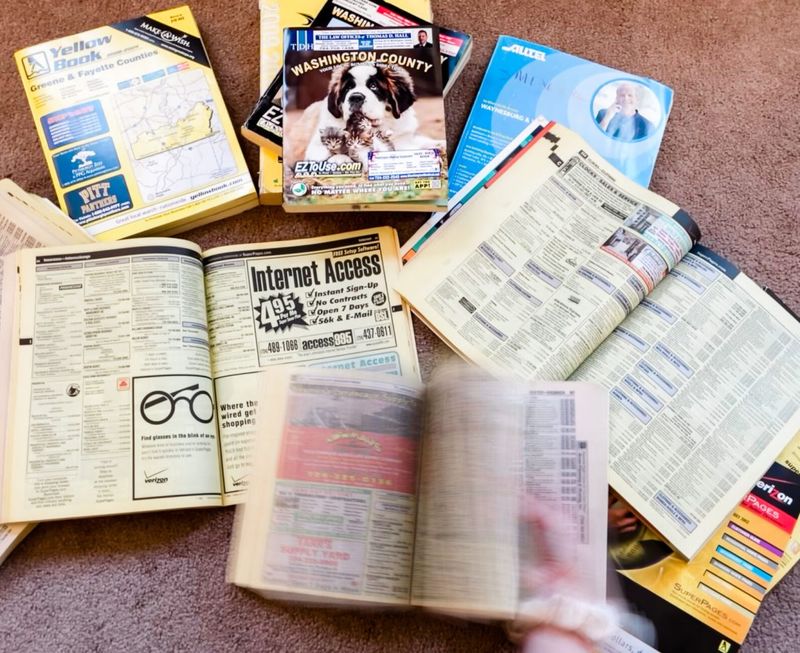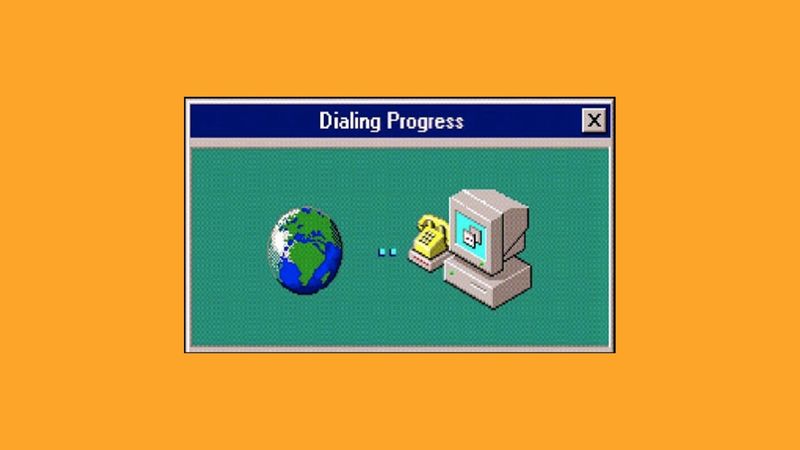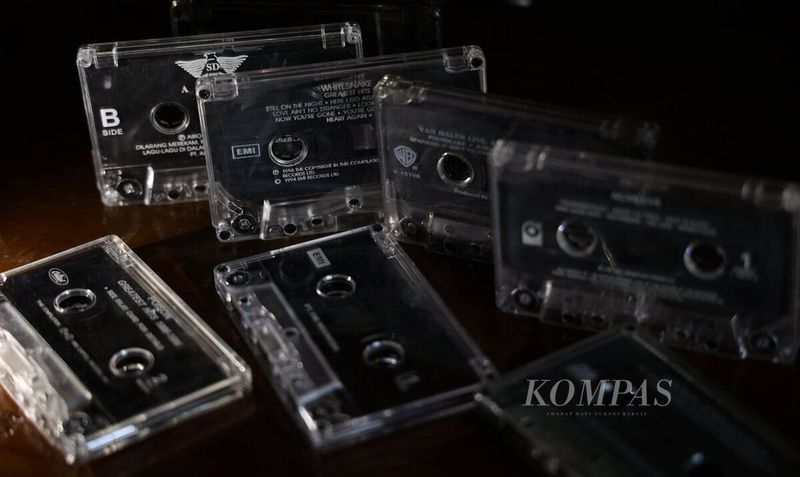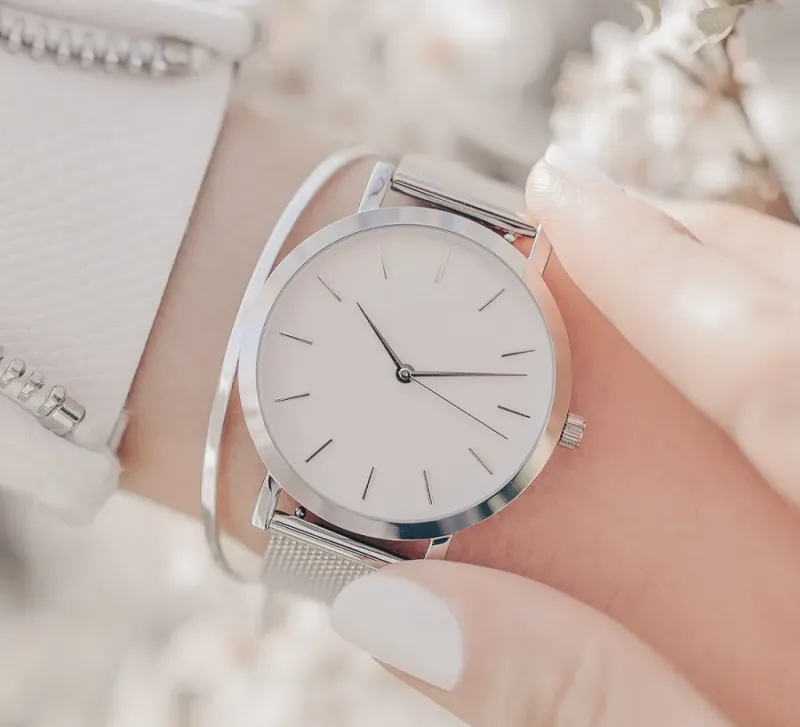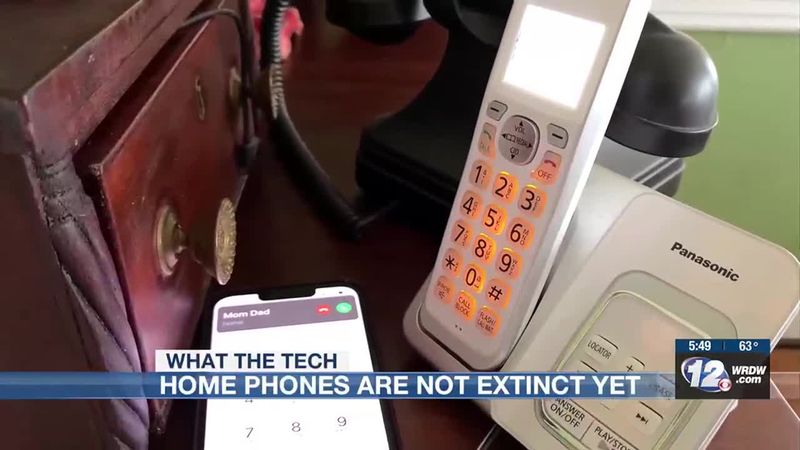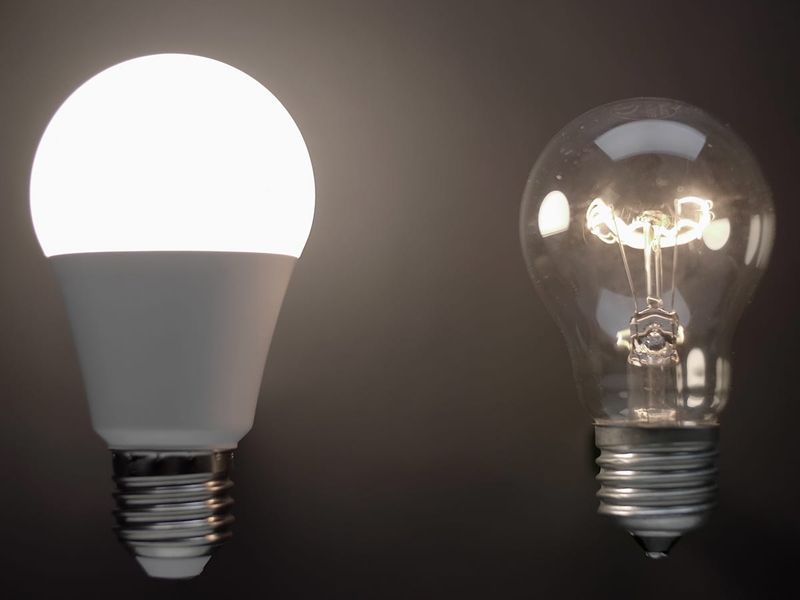As times change, so do the preferences and habits of different generations. Baby Boomers, once the largest consumer demographic, have moved away from many products that were once staples in their lives. From technological advancements to changing lifestyles, here’s a list of 20 products that Boomers have officially lost interest in.
1. Landline Phones
Remember the comforting sound of a rotary dial returning to its place? Landline phones were once the heart of every household’s communication. However, with the advent of smartphones, these devices have become more of a nostalgic relic than a necessity. The ability to message, browse, and call from a single device has rendered landlines nearly obsolete. For Boomers, who have embraced the convenience of mobile technology, landlines are now gathering dust. They symbolize an era gone by, cherished in memory but largely unused in practice.
2. Cable TV
Once upon a time, gathering around the television for cable TV was a shared family ritual. But streaming platforms like Netflix, Hulu, and Disney+ have revolutionized entertainment consumption. Boomers, too, have swapped traditional cable for the flexibility and variety offered by streaming services. The convenience of watching shows on demand, without commercial breaks, is a significant draw. Cable TV, once the pinnacle of entertainment, now seems cumbersome and limited compared to the endless choices of the digital age.
3. Printed Encyclopedias
Remember the satisfaction of flipping through encyclopedia volumes? Those hefty books were the cornerstone of knowledge in many homes. Today, digital resources like Google and Wikipedia have taken their place, providing vast information at a click. Boomers have embraced this change, appreciating the ease and breadth of digital searches. While encyclopedias evoke nostalgia, they no longer serve the practical needs of information seekers. Instead, they stand as dusty relics of a pre-digital age, admired but not used.
4. Fax Machines
Once a cornerstone of office communication, the fax machine has declined sharply with the rise of email and digital signatures. Boomers, who have adapted to the ease of sending documents electronically, find little use for fax machines today. The convenience and speed of digital communications make faxing seem cumbersome and time-consuming. In a world where instant messaging is the norm, the fax machine represents a bygone era of slow and noisy transmissions, now replaced by efficient digital processes.
5. DVD Players
DVD players, once the pride of every home cinema setup, have lost their place in the digital world. Boomers, like younger generations, have embraced streaming services that offer a vast library without the physical clutter. The ease of accessing content online, coupled with high-definition quality, makes DVD players seem antiquated. Physical media, once cherished, now feels like a cumbersome reminder of the past. The digital revolution has made accessing and enjoying media easier and more diverse than ever before.
6. Physical Maps
Paper maps once held the key to adventure for Boomers on road trips. The excitement of plotting a route by hand has been replaced by the precision of GPS and navigation apps like Google Maps. The convenience and accuracy of digital navigation have made physical maps largely redundant. For Boomers, who have readily adopted smartphones, the days of unfolding and refolding cumbersome maps are a thing of the past. The digital age has brought navigation to the fingertips, making exploring easier than ever.
7. Checks
Writing checks was once a commonplace activity for Boomers, a cornerstone of personal finance. However, the rise of online banking and apps like Venmo and Zelle has nearly eliminated the need for paper checks. The convenience of digital transactions, coupled with increased security, appeals to Boomers. Checkbooks, once a sign of financial responsibility, now sit forgotten in drawers. The digital revolution has streamlined how Boomers handle money, making financial management easier and more efficient.
8. Alarm Clocks
The gentle ticking of an old-fashioned alarm clock is a sound many Boomers remember fondly. Yet, with smartphones offering built-in alarms, these standalone devices have become redundant. The convenience of setting multiple alarms, coupled with various sounds, appeals to the tech-savvy Boomer. While alarm clocks evoke nostalgia, they no longer fit into the streamlined, multifunctional approach to modern living. Smartphones, with their versatility, have quietly replaced the need for dedicated alarm devices.
9. Film Cameras
Film cameras once captured precious memories, cherished in photo albums by Boomers. However, with the rise of digital cameras and smartphones, film photography has become a niche hobby. Boomers have embraced the instant gratification and ease of digital photography. The ability to store, edit, and share photos digitally surpasses the patience required for film development. While film cameras hold sentimental value, they no longer serve the practical needs of capturing and sharing life’s moments in the digital age.
10. Yellow Pages
The hefty Yellow Pages book was once a staple in every home, guiding Boomers to local businesses. Today, online search engines and digital directories have replaced them, offering up-to-date information at a click. Boomers appreciate the ease of finding businesses online, without the need to flip through massive tomes. The transition to digital has made information more accessible and accurate. Yellow Pages, now largely unused, serve as a reminder of a time when finding a service required more effort.
11. Dial-Up Internet
The screeching sound of a dial-up connection is a memory many Boomers share. Yet, with the advent of high-speed broadband and Wi-Fi, dial-up has become a relic of the past. Boomers have embraced the speed and reliability of modern internet, which supports streaming, gaming, and multiple devices. The days of waiting for a page to load are long gone, replaced by the instant gratification of high-speed connections. Dial-up, once a technological marvel, now stands as a nostalgic memory of the early internet age.
12. Cassette Tapes
Cassette tapes, with their analog charm, once dominated the music scene, filling the homes of Boomers. However, the rise of digital music and streaming platforms has made them largely obsolete. Boomers, who appreciate the accessibility and variety of digital music, have moved away from tapes and even CDs. The ability to store vast music libraries on a single device is a game-changer. Cassettes, once a symbol of musical discovery, now represent a bygone era, cherished by collectors but unused by most.
13. Stationery & Handwritten Letters
The art of handwriting letters was once a cherished form of communication among Boomers. However, the advent of email and instant messaging has made snail mail a rarity. Boomers have adapted to the immediacy and convenience of digital communications. The nostalgia of receiving a handwritten note now competes with the efficiency of typing a message. Stationery, with its elegant designs, remains a specialty item, appreciated by enthusiasts but overshadowed by the convenience of electronic correspondence.
14. Travel Agents
Travel agents were once the trusted guides for planning vacations, especially for Boomers. However, the rise of online booking platforms has changed the landscape of travel planning. Boomers appreciate the ability to compare prices, read reviews, and book accommodations instantly. The personal touch of an agent is now replaced by the vast resources available online. Travel agencies, once bustling with activity, have largely become a thing of the past, as Boomers adapt to the digital age of travel planning.
15. Newspaper Subscriptions
The morning ritual of reading a newspaper was once a staple for Boomers. However, the rise of digital news sources and social media has transformed how news is consumed. Boomers now appreciate the immediacy and variety of online news, which is often free and constantly updated. The tactile experience of holding a newspaper is now overshadowed by the convenience of digital reading. Newspaper subscriptions, once a daily staple, have seen a decline as Boomers embrace the digital age for current events.
16. Wristwatches (Non-Smart)
The timeless elegance of a wristwatch was once a hallmark of style and punctuality for Boomers. However, the rise of smartwatches and smartphones has diminished the demand for traditional watches. Boomers appreciate the multifunctionality and connectivity of modern devices. While wristwatches still hold sentimental value and style, they are now more of a fashion accessory than a necessity. The shift towards smart technology has redefined how time is managed, making traditional wristwatches a relic of the past.
17. Home Phones with Answering Machines
Home phones with tape-based answering machines were once a staple in every Boomer’s household. However, the rise of smartphones and digital voicemail has made them obsolete. Boomers have adapted to the convenience and efficiency of digital communication. The days of rewinding and playing back messages on a tape are long gone. Home phones, once the centerpiece of communication, now gather dust as Boomers fully embrace the digital age. The shift to smartphones and digital solutions has streamlined communication.
18. Desktop Computers
The bulky desktop computer was once the pride of every home office, especially for Boomers. However, the rise of laptops, tablets, and smartphones has made desktops less appealing. Boomers appreciate the portability and convenience of modern devices. The ability to work and stay connected on-the-go has redefined personal computing. Desktops, once essential, now seem outdated in the face of sleek, multifunctional alternatives. The digital age has transformed how computing is approached, favoring flexibility over rigidity.
19. Manual Typewriters
The clatter of a manual typewriter is a sound that evokes nostalgia for many Boomers. Once a staple of office and home writing, typewriters have been replaced by computers and word processors. Boomers have embraced the ease and efficiency of digital typing, where mistakes can be corrected with a simple backspace. While typewriters hold sentimental value and charm, they no longer serve the practical needs of modern writing. The transition to digital has streamlined how words are crafted and shared.
20. Incandescent Light Bulbs
The warm glow of an incandescent bulb once lit up the homes of Boomers. However, the rise of energy-efficient LED lighting has made incandescent bulbs a rarity. Boomers appreciate the long-lasting and cost-effective nature of LED technology. The shift towards sustainability and energy conservation has driven this change. Incandescent bulbs, once the standard, now seem outdated in a world focused on efficiency and eco-friendliness. The lighting landscape has transformed, embracing innovation for a brighter future.

